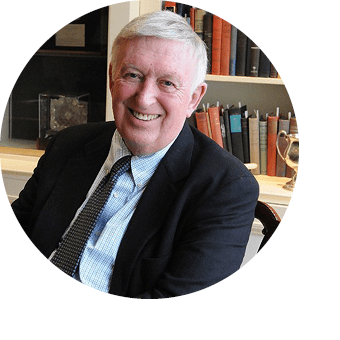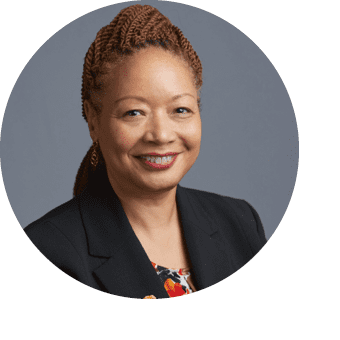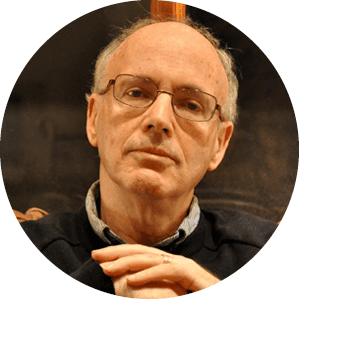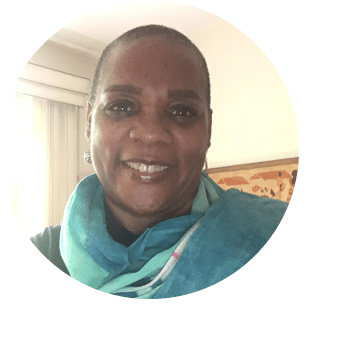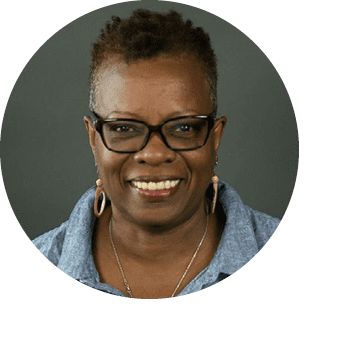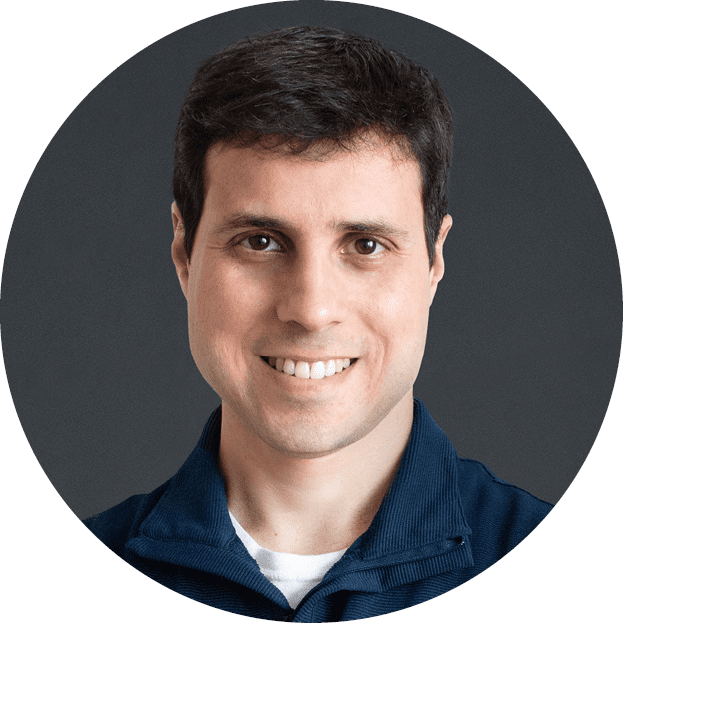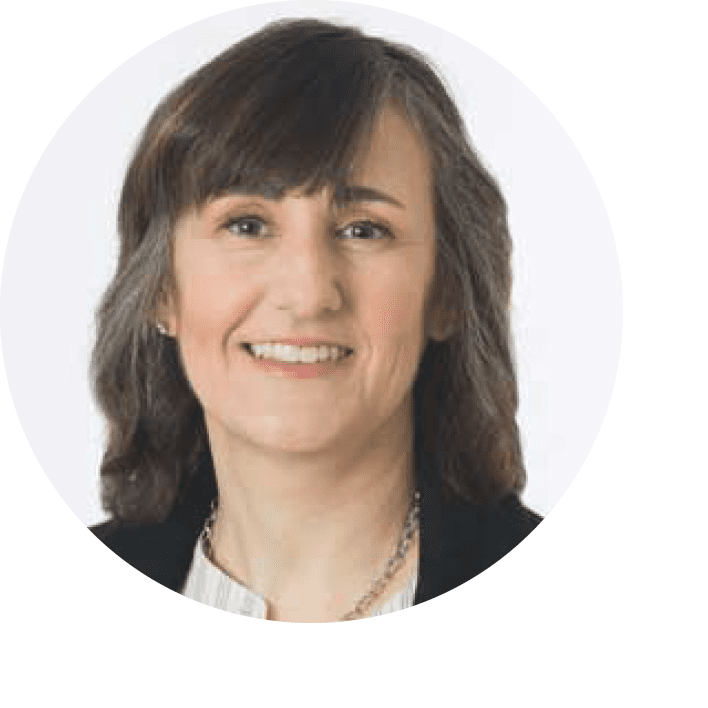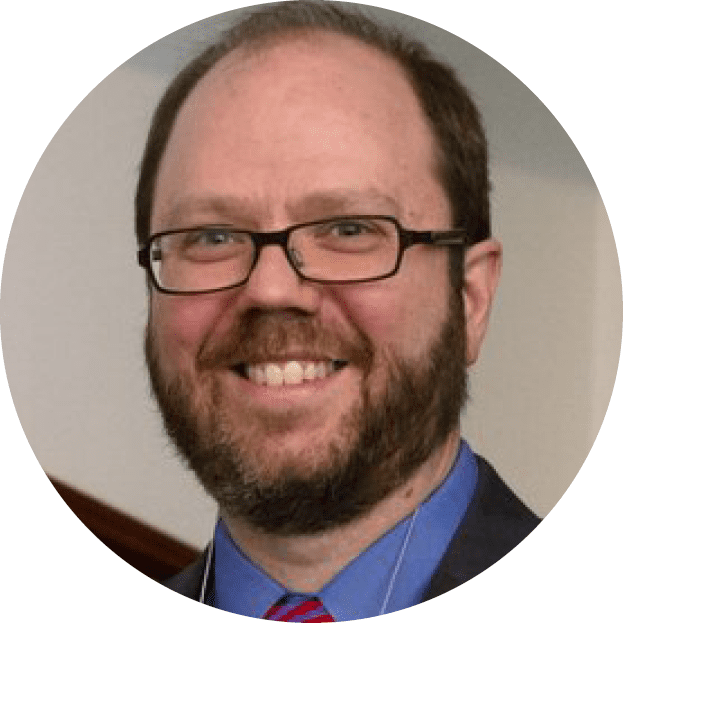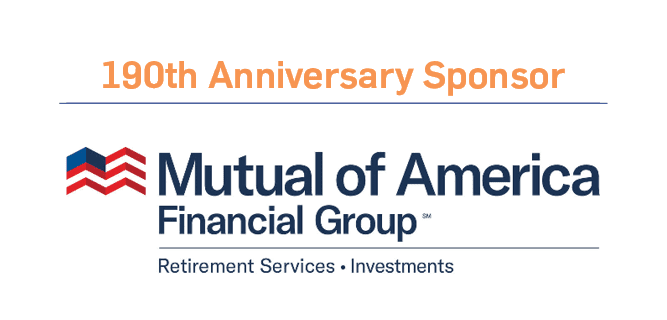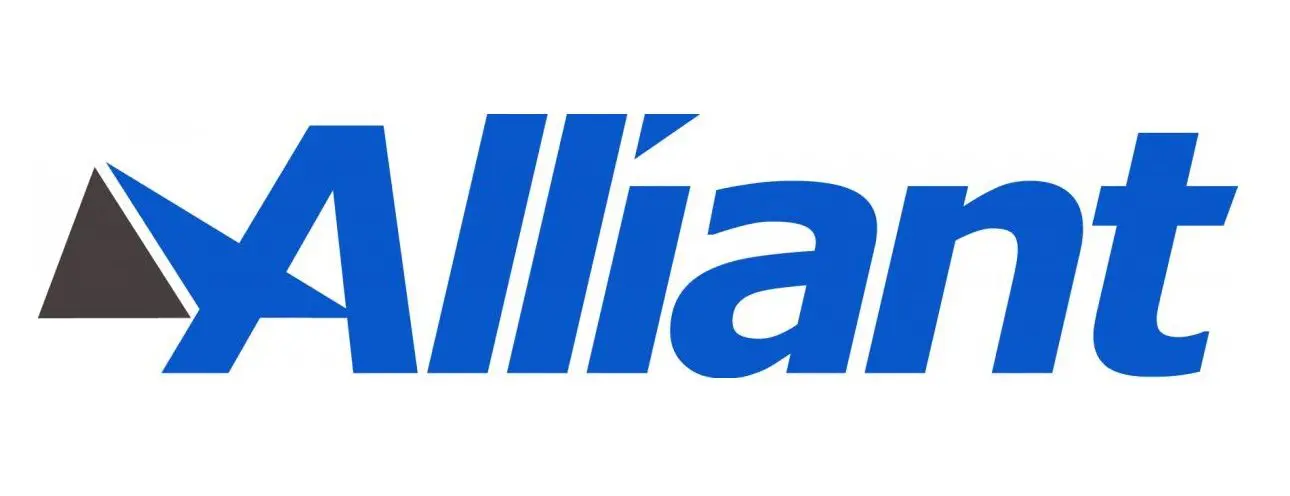Throughout 2021, Rising Ground commemorated the 190th anniversary of the opening of the Leake & Watts Orphan House in lower Manhattan in 1831, the beginning of a rich history that saw the organization evolve from an orphanage to one of New York City’s leading human services organizations. As part of this celebration, we organized a virtual discussion series in partnership with Trinity Church Wall Street, site of the original Leake & Watts Orphan House and longtime partner. See video of these discussions below!
190 Years of Hope & Opportunity
On April 27, we launched this series of discussions commemorating our 190th Anniversary with a look at the evolution of human services through the lens of New York City’s history. Rising Ground CEO Alan Mucatel joined two experts on New York City history – Dr. Kenneth Jackson of Columbia University and Dr. Daniel Walkowitz of New York University – and Dr. Linda Lausell Bryant of New York University, expert on modern-day social work. This inaugural discussion explored the historical landscape of the 19th century that saw the birth of Rising Ground and so many peers, key social shifts of the past 190 years that have shaped our work and the communities we support, and the role of human services today in the fabric of New York City.
The 19th century saw New York City grow rapidly, as the city grew from a bustling port at the southern tip of Manhattan we today would call the “Financial District” upward. Filling those streets were a rapid growth of new arrivals from the Old World. As immigration saw more and more land shifting to urban sprawl, tenements were filled with newcomers, as animals and vermin lined the streets. In a world where disease and poverty ran rampant, homeless and wayward children did too. By 1870, nearly 12% of school-age children were homeless. Community organizations, mostly along the lines of religious or cultural heritage, sought answers to this growing issue. Many orphan asylums opened their doors during this period, seeking to provide shelter to homeless children and get them off the streets, where delinquent behavior and danger were common.
By then, Leake & Watts Orphan House, originally an orphan asylum near the site of Trinity Church Wall Street, had been caring for children – no matter their “creed or nationality,” as stated in our founding documents – for four decades. As the city grew, it relocated to 112th Street near the Cathedral of St. John the Divine in 1843, and on to a 40-acre plot of land along the Hudson River in Yonkers in 1890. Today, that orphan house has evolved into Rising Ground, a leading, multi-facet human services organization with more than 50 programs across New York City and Westchester. Evolving to meet the needs of the community for 190 years, the history of Rising Ground mirrors that of so many child welfare and human services organizations. The story of Rising Ground is that of New York, its people, and the social trends that have shaped the fabric of this huge and complex city.
|
|
|
|
|
|
On June 24, we held our second virtual discussion as part of our ongoing series of discussions commemorating our 190th Anniversary with a look at the relationship between the history of human services and child welfare and communities of color. Rising Ground CEO Alan Mucatel joined Dr. Robyn Brown-Manning, PhD, LMSW, of the Hunter College School of Social Work, Dr. Melba Butler, PhD, LCSW, of Iona College, and Dr. Anne Williams-Isom, J.D., DMin, of the Graduate School of Social Service at Fordham University. Building on our inaugural discussion (see video above), this discussion explored the historic links between human services, child welfare, and communities of color.
When the Leake & Watts Orphan House opened in 1831, it had been just four years since New York, the first state to pass legislation for the total abolition of slavery, had fully emancipated slaves, while slavery was still alive and well throughout the region and nation. This coincides with various waves of immigration from across Europe, explaining the rapid expansion of New York during this time and an influx of orphaned children. As various national, religious, and ethnic groups grew in New York City throughout the 19th Century, there was a broad landscape of distinct communities and biases that shaped the experience of each.
In our founding documents, the Leake & Watts Orphan House declared it would support orphaned children no matter their “creed or nationality.” While a progressive approach to handling various immigrant communities in that time, it would still be a little less than a century later that the institution welcomed its first African-American children, a community that had formed a parallel child welfare system and who brought its own set of social and economic challenges tied to the history of slavery and systems of oppression.
Today, more than 98% of the children, adults, and families we support are “of color.” We support New Yorkers that continue to see the social and economic disparities created by systemic biases. Alongside black communities facing the continuation of diminished socio-economic opportunity, we support various immigrant communities that look different than those of the 1830s. More broadly, the work we do is both shaped by the experience of communities of color and in turn has a lasting impact on these communities.
|
|
|
|
|
Ms. Williams-Isom earned a bachelor’s degree in political science and psychology from Fordham University. Soon after, she began working in Community Affairs for the New York Police Department in Brooklyn. While working in Brooklyn at the height of community policing in the 1980s fueled her commitment to social justice, it was during her time as a student at Columbia Law School that she fully discovered her passion for advocacy work and came to appreciate the critical role played by communities in finding lasting solutions to social problems. After receiving her J.D., she practiced law for five years at two of New York’s most prestigious firms before joining ACS. Ms. Williams-Isom has been featured in The New York Times, The New York Daily News, Barron’s, Crain’s New York, The Economist, The Chronicle of Philanthropy, and Essence, as well as on WABC’s Here and Now and CUNY-TV’s Black America and The Historymakers.
|
On December 8, we held our third discussion commemorating our 190th Anniversary with a look at the financing of child welfare, human services, and nonprofit organizations and the evolution from our founding in 1831 to today. Rising Ground CEO Alan Mucatel joined Doug Bauer of the Clark Foundation, Michael Brown of the Wharton Social Impact Initiative, Natasha Lifton of Trinity Church Wall Street, and Gregory Witkowski of Columbia University. This discussion built on our past discussions (see above) and explore the philanthropic, social, and government histories of financing programs for the welfare of children, families, and vulnerable populations.
Moved by the rise in urban poverty and the reduction of public welfare aid in the 1820s, the Leake and Watts Orphan House was founded by Westchester County Judge and former Congressman John Watts, Jr., with the bequest of his friend John George Leake, a wealthy New York lawyer who passed away without any heirs. At the forefront of the social responsibility movement— the Orphan House was one of the first private charitable institutions in the country dedicated to children in need.
Like many organizations founded at this time, it was the good will and philanthropic ambitions of wealthy benefactors and the benevolent mission of religious, ethnic, and community organizations that made the earliest endeavors into child welfare and what we today call human services possible. Much has changed in nearly two centuries, however. Unique to the United States, the welfare of children, families, the poor, and other vulnerable populations has been folded into a complex system of financing, regulation, and social programming that combines financing from the government, foundations, individual donors, and corporate philanthropic efforts.
|
Bauer’s opinions and ideas on philanthropy have been featured in the AP, Bloomberg, The Chronicle of Philanthropy, Contribute, The Financial Times, The Los Angeles Times, The New York Post, The Stanford Social Innovation Review, The Wall Street Journal and on NPR, PBS, and CNBC. Doug co-authored, with Steven Godeke, Philanthropy’s New Passing Gear: Mission Related Investing. He serves on boards of The Melalucca Foundation, National Council of Nonprofits, Partners for Health Foundation and The Rockefeller Institute of Government, and co-chairs Philanthropy New York’s public policy committee. He is also a member of the Leap of Reason Ambassadors Community, and an adjunct faculty member at the University of Pennsylvania and the Columbia Business School. Bauer is a graduate of Michigan State University and holds a M.S. from Penn and a M.J. from Temple University.
|
|
Prior, Gibbs was Commissioner of the New York City Department of Homeless Services and held senior positions with the Administration for Children’s Services and the Office of Management and Budget. She is co-author of the 2021 book, “How Ten Global Cities Take on Homelessness”, published by University of California Press.
|
|
|
|
His current research is on the role of philanthropy and nonprofit organizations in the relief, recovery and reconstruction of New York City after the 9/11 attacks. This singular American event transformed how we respond to disasters, teaching nonprofit leaders valuable lessons on how to work more efficiently, effectively, collaboratively and creatively to affect a greater positive impact. As nonprofits are once again on the front lines providing for social needs in a pandemic, this book will also indicate the long-tail of recovery and how disasters continue to impact individuals for years after the triggering event. Witkowski has authored or edited three books: The Campaign State, German Philanthropy in Transatlantic Perspective, and the forthcoming Hoosier Philanthropy. His research focuses on both local interactions where the majority of philanthropic gifts go and on transnational giving, which add the complication of cross-cultural exchange. He has published and been quoted in national publications including The New York Times, The Hill, The Chronicle of Philanthropy and the Associated Press, as well as the Houston Chronicle and the Seattle Times. He was selected as a Fulbright Scholar and a Young Leader by the American Swiss Foundation. |
Learn More
To learn more about our 190th Anniversary activities, please visit www.RisingGround.org/190 or contact H. Aldervan Daly, Executive Vice President for Institutional Advancement at ADaly@RisingGround.org or 212-602-5847.

